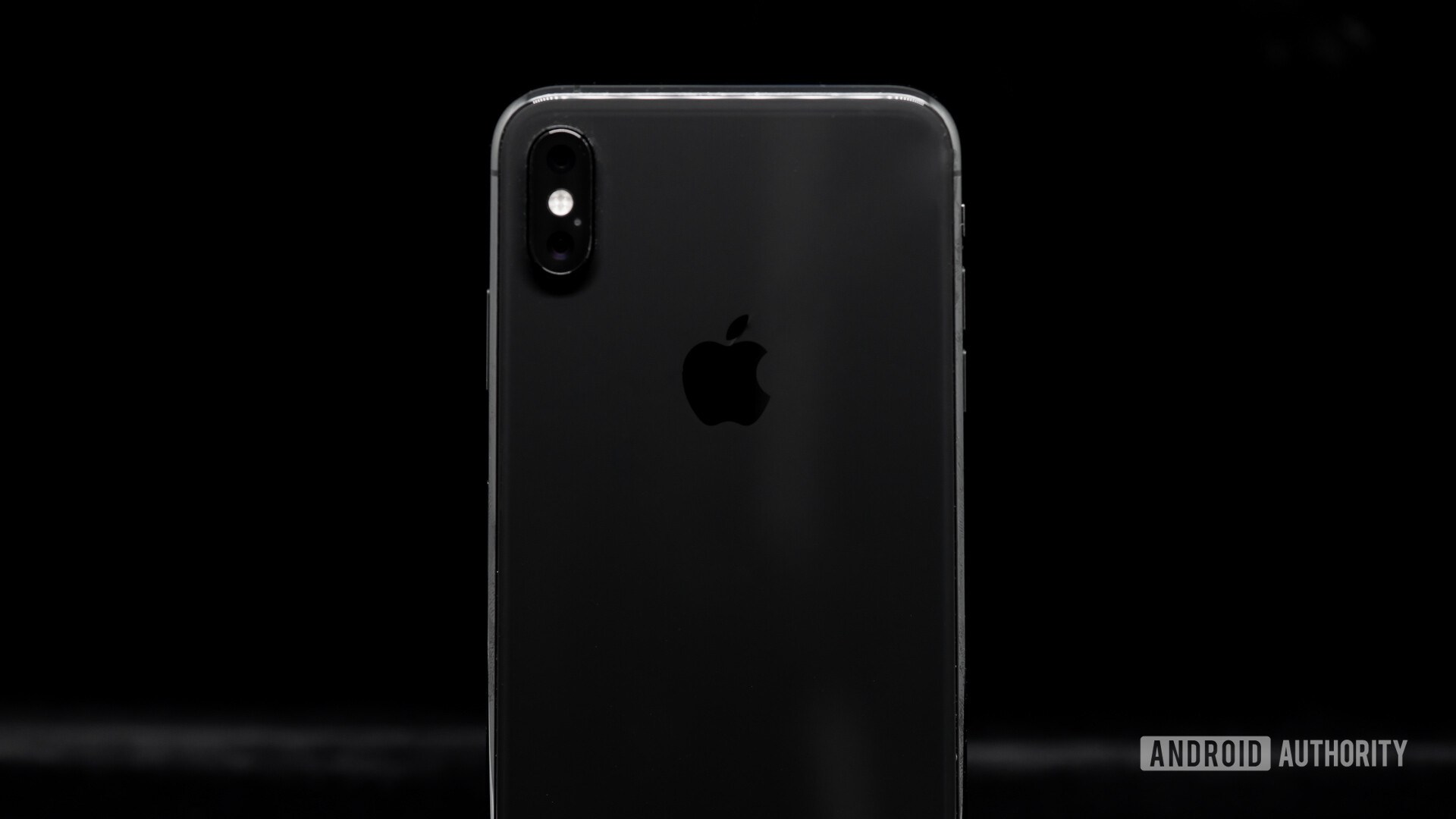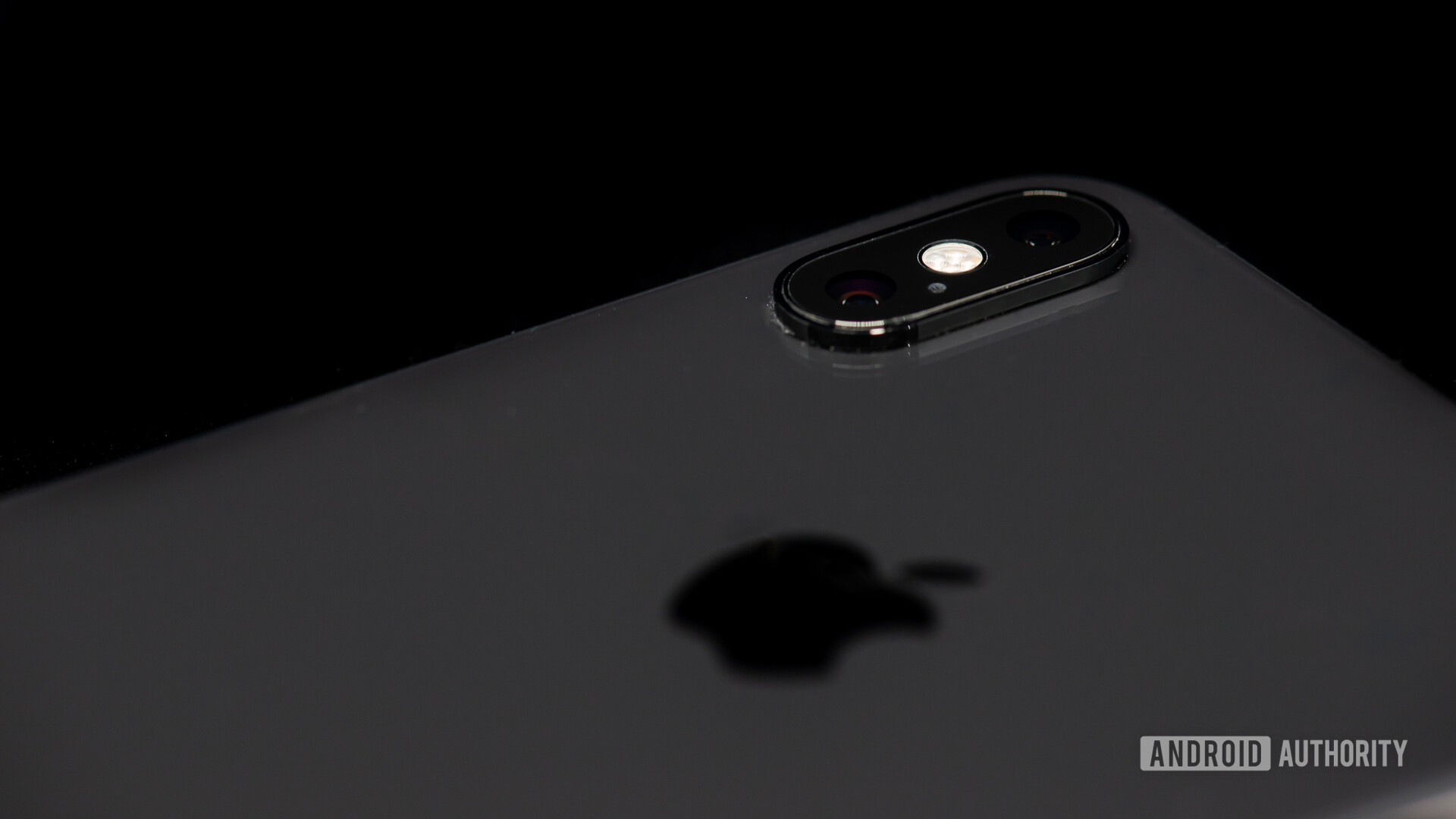
Although iOS and Android devices are more similar now than ever, there are a few specific features that iPhone users have that Android users don't (or vice versa). The most prevalent of these features is iMessage, the Apple-exclusive messaging app that signifies Android users with a green bubble.
Green bubble, you say? If you don't know what I'm referring to, here it is: when iPhone owners use iMessage to communicate with other iPhone owners, incoming message bubbles are blue. When an Android user joins the chat, their message bubbles are green. It's a simple way for iPhone users to know that certain iMessage features will not work with that person because they are using an Android device.
While this seems fairly innocuous and even necessary, the "green bubble" feature has taken on a life of its own — and not in a good way. Some iPhone users the world over — but mostly in the United States — mock the green bubbles that appear in their iMessage feed, even going so far as to create colloquialisms such as "green texts don't get texts back."
This attitude might seem childish but harmless at first glance, but is actually a real problem with real consequences. Young Android users, in particular, increasingly feel left out within their group of iPhone-using friends because of this green bubble phenomenon.
Also read: Inside Google's massive Android rebrand
Yes, green bubble dismissal is a real thing
![]()
If you're not an iPhone user, this might be the first you've heard of this. If you're an iPhone user who doesn't live in the U.S., you also may never have heard of this, as platform-agnostic messaging apps are much more popular throughout the rest of the world (WhatsApp, Facebook Messenger, WeChat, etc.).
Let me assure you that certain iPhone users outright rejecting the sight of a green bubble is no joke.
Related: How to transfer contacts from iPhone to Android
Take this recent article from Cosmopolitan with the headline "Bad news: Bachelor Nation's Mike Johnson is an Android guy." In it, the author talks about how Johnson seems like the perfect man, but since it's now been revealed that he uses an Android phone, he might not be worth fawning over anymore.
In a tweet included with the article, one person even goes so far as to say, "Is Mike still able to be the bachelor if he has an Android?"
Here's a particularly condescending snippet from the article's author:
Yes, it's a little bit harsh to judge Mike on his questionable smartphone selection, but come on. Choosing to purchase an Android is such a weird flex. People will tell you they did it because it has a "really great camera" or is waterproof or something, but TBH, an Android could literally fold my laundry and I still wouldn't force my friends to look at green text bubbles.
You might be thinking, "OK, well this is a sassy, half-joking article in Cosmopolitan, so who cares?" Well, Samsung seems to care. The world's most successful smartphone manufacturer actually created a page of animated GIFs that Android users can send to iPhone owners who criticize their green bubble messages.
In an article summarizing (and heavily criticizing) Samsung's GIFs, The Verge went so far as to say that when green bubble arguments come up, "the only fix, really, is to get an iPhone."
These are two very recent examples, but I could find many more on Twitter, Instagram, and even YouTube. Just rest assured that this green bubble problem is not simply sensitive Android users complaining about snooty iPhone users like some bygone "iOS vs Android" relic of the past. This is legitimate antagonism.
Why is this even happening?
![]()
I will readily concede that iMessage users need to have some sort of signifier that a person in their chat does not use an iPhone. The green bubble feature might not be the most aesthetically pleasing solution, but it's simple and effective. If it didn't exist, iPhone users might get frustrated when they repeatedly attempt to use an iMessage feature and find it doesn't work correctly.
There are people out there who think Apple intentionally made the green bubble color as ugly as possible as a subtle dig against Android, and that strategy may be swaying iPhone users to literally not associate with Android users.
In this article from The New York Post, a professor named Grayson Earle posits that theory. The article itself is about various people who refuse to even message with "green bubbles," including a woman named Katie McDonough who will not date a man who uses an Android phone.
"If it's not a blue message, I'm not going to bother flirting with you further," she told The Post. "I'm just like, 'Why don't you have an iPhone?'"
For some people, it seems the idea of not owning an iPhone is akin to not owning a stick of deodorant.
McDonough even admitted that when her ex-boyfriend switched from an iPhone to an Android device, she felt that was the moment their relationship "started to go downhill."
To explain this complete lack of compromise McDonough exhibits, she says that she depends on iMessage features. For example, when the person she's texting reads her message, she is notified of that. And, when the person is in the middle of composing a response, she is notified of that as well. These two features don't work with Android users, though, so she wouldn't know if her message has been read or if the sender is composing a new text.
Along with these read/writing notifications, iMessage users have the ability to react to messages with Emojis. Android users don't see these Emojis and can't add one themselves. Instead, they receive a text that says "[Username] liked this message," which is hardly as fun or effective.
Young people love this feature, especially within large group chats. Since Android users can't join in on the fun, they automatically feel excluded from those group chats.
Related: Samsung Galaxy Note 10 Plus vs Apple iPhone XS Max: Which is right for you?
Some friend groups will even create a new group chat of only iPhone users so that all iMessage features are intact, further excluding Android users.
In this recent Twitter thread, Ben Bajarin from Creative Strategies tells the story of a 16-year-old boy who switched from Android to iPhone specifically because of this exclusion phenomenon. "We would start a new group chat, and the group would realize I was the reason it was green, and they would start another group chat without me," Bajarin quotes the boy. He also mentioned that the boy admitted that he missed his former phone: a Google Pixel 2.
Let's be honest: It's about income and status

The boy mentioned above who switched from a Pixel 2 to an iPhone just to fit in with his friends seems like a modern example of a normal teen problem: the desire to not be an outsider and instead be a popular member of the in-crowd.
If we choose to see it like that — and only that — it might be easy to shrug it off as an age-old problem that just happens to be manifesting itself in a new, technological way.
That belittles the issue. Let's look at the problem from a more classic standpoint and imagine that instead of an iPhone, these groups are talking about something else — let's say a pair of fashionable shoes.
The iPhone is more than just a phone. It's a status symbol not unlike a designer handbag or a luxury car.
These shoes are all the rage: you can see celebrities wearing them and people lining up around the block just to get a pair. But since they are so fashionable and so popular, they're also expensive.
For children born into families with financial stability, getting a pair of these shoes is relatively easy. They just ask their parents for them over and over again, and eventually, they'll get them. It might take until their next birthday or Christmas, but those shoes will come.
For kids born into families without financial stability, though, those shoes likely won't ever come. With that in mind, it becomes very easy to visibly ascertain the rich kids and the poor kids when walking through the halls of any given high school in the United States. Just look at the shoes.
More posts about Apple
The iPhone — as much as we Android users don't like admitting it — is no different than these fictional shoes. Even though there are plenty of Android smartphones out there that cost just as much (if not more) as a brand new iPhone, the perception in the U.S. is that Android phones are cheaper and "less than" when compared to the iPhone. Many young people will see another young person using a smartphone that isn't an iPhone and immediately assume that they are not cool and probably poor.
The people who have nothing but disdain for green bubbles in their iMessage chats might try to argue that the only reason they hate those green text boxes is because of how it messes up iMessage features, as Ms. McDonough told The New York Post. But let's be real: the iPhone is a status symbol and only affordable for people in a certain income bracket, so there are some iPhone users out there who see a green bubble and think, "this person is not part of the in-crowd and likely not wealthy."
A green bubble = Android in iMessage, but in the eyes of some iPhone users, a green bubble = poor person.
In a way, The Verge is right to say that the best way to not experience that kind of rejection is to just get an iPhone. Buy one used or opt for an older model that might be less expensive. Hell, get an iPod Touch if you need to. But that's not a solution to the actual problem, that's just caving in to peer pressure, which is something we are all taught from a very young age is universally bad.
Honestly, I don't know what to tell that poor kid who felt he needed to get rid of his Google Pixel 2 just to appease his friends who kept kicking him out of chats. On one hand, I'd love to tell him to stick to his guns and keep the phone he wants and tell his friends to deal with it. On the other hand, I know that kind of pressure can be daunting for a teen — after all, I was one myself at one point.
I guess the best advice I have for him and for anyone else stuck in this predicament is fairly simple: remind your friends that the green bubble they are criticizing is not just a bubble — it's you. If your friends still exclude you after you tell them that, your choice of smartphone is not the problem.
More posts about Apple iPhone
from Android Authority https://ift.tt/2NsNOYV
via IFTTT
















Aucun commentaire:
Enregistrer un commentaire